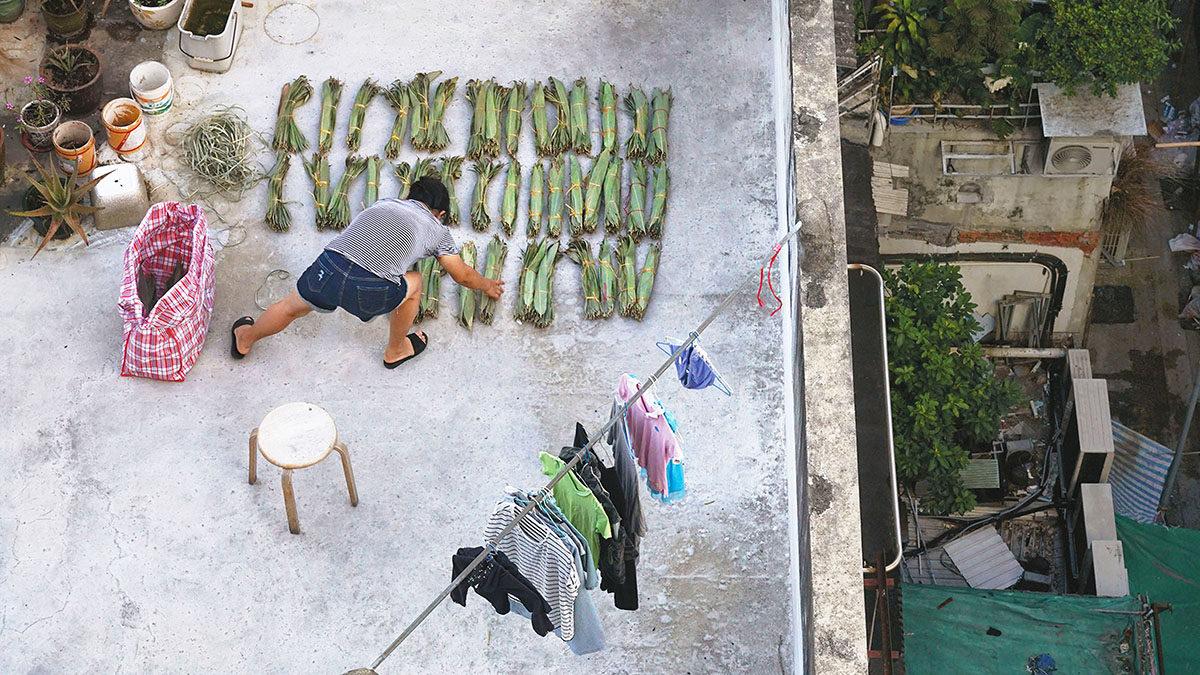An increasing number of people have connections with one country, but live and work in another, frequently owning property or investments across multiple jurisdictions. This pattern may be repeated on several occasions throughout one’s lifetime.
For beneficiaries tasked with managing the estate of such an individual in Hong Kong, understanding the probate process in common law jurisdictions, and Hong Kong in particular, is essential. This Q&A article addresses common questions and provides clear guidance on the complexities of international succession.
The law in this respect is complex. Please note that this article does not, and is not intended to, constitute legal advice, and should not be relied upon as such. Slotine can assist with queries on probate in Hong Kong. Please contact us if you wish to learn more about this.
Q1. How can I find a deceased person’s bank accounts and other assets owned in Hong Kong?
Gathering information on a deceased person’s assets in Hong Kong is often a tedious exercise. You may need to liaise with various asset holders, including banks, insurance companies, securities brokers, the Companies Registry, the Transport Department, the Land Registry, and so on. Each asset holder has its own approach and standards to providing the information necessary for the application for a grant of representation.
The beneficiaries can get started more smoothly if the adequate precautions have been made by the deceased individual to compile an estate list with all the necessary details and contacts. Consider using our worldwide assets list template questionnaire to simplify this process.
In the absence of an estate list, requests made through a local solicitor – bound by their oath and relevant rules – elicit less suspicion from asset holders, resulting in easier compliance with evidence requests. For instance, the HSBC bereavement department typically asks for notarised evidence of the relationship between the person asking for a statement of balance at the date of death, whereas certified copies of the relevant documents would usually suffice when the request is made through a local solicitor.
Q2. What is the grant of representation?
The grant of representation is a document issued by the Court of First Instance of the High Court of the Hong Kong Special Administrative Region. Applications for this grant are made through the Probate Registry.
In the presence of a will, the executors or executrixes appointed by the will are responsible for preparing the application for the grant of representation. The grant is issued after verification of the will by the court, which requires the communication of documents supporting the terms of the will. The grant of representation is also commonly referred to as a grant of probate.
In the absence of a will, the designated individual (one or more) must take responsibility for preparing the application for the grant of representation. This is usually the deceased person’s spouse or one of their children (following the rules set out in the Non-Contentious Probate Rules (Cap. 10A)). The grant is issued once the court is satisfied with the documents produced by the applicants. In this case, the grant of representation is known as letters of administration.
Q3. What documents are needed for a Hong Kong application for a grant of representation?
To apply for a grant of representation (probate or letters of administration) in Hong Kong, you need all or some of the following documents:
- Probate Registry application forms
- Death certificate
- Original will (if a will has been found)
- Affirmation from the personal representative(s)
- Identity documents for all relevant individuals
- Marriage or divorce certificate (if applicable)
- Birth certificates for all relevant individuals
- Consent letters from the beneficiaries (if beneficiaries are named in the will)
- Affirmation of law (if foreign law determines the transmission)
- An inventory of the assets and liabilities of the deceased individuak.
Documents shall be provided in the format expected by the Probate Registry which may be the original, a copy certified by a local solicitor or a notary public or else, or a copy apostilled, or a copy legalised. One shouldn’t underestimate the time needed for the collection of those documents.
Q4. Why does it take a long time to prepare the Hong Kong application for a grant of representation in international succession?
Delays in these applications are often caused by the collection of documents from overseas in the correct format to satisfy the Probate Registry’s requirements (see Q3 above).
When the deceased individual died domiciled outside of Hong Kong, the Hong Kong Probate Registry reviews the estate laws of the overseas domicile to confirm the proper execution of the will or to determine the entitlement of the applicant to apply for the grant of representation.
Further delays may be incurred if the Probate Registry issues requisitions to clarify questions raised by the application for the grant of representation.
Q5. How long does it take to obtain a grant of representation in Hong Kong?
From the date of application, it takes about nine months to obtain a grant of representation in Hong Kong for international succession.
Q6. Are the responsibilities of an executor versus an administrator of a deceased’ estate the same?
Once the grant of representation has been given, the responsibilities of the executor and administrator of the estate are quite similar.
Although navigating the probate process in Hong Kong can be complex and seem daunting, equipping yourself with the appropriate knowledge early on can facilitate a smoother transition of estates and assets when the time comes. If you need further assistance with the probate process, please reach out to us today.



